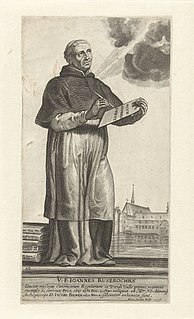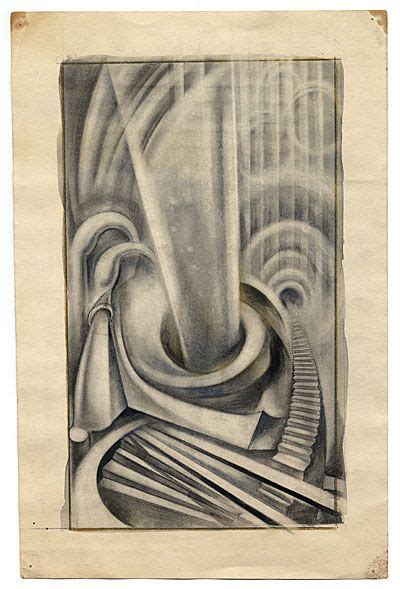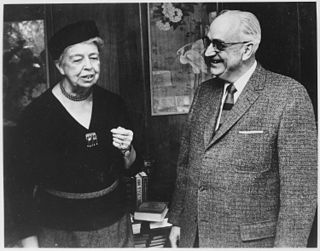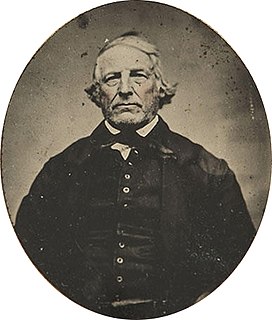A Quote by Joseph Campbell
I think that Jean Houston has broken through to a new understanding of the sense and uses of inward-turned contemplation-a n understanding that leaves the Freudian schools of technique and theory far behind. The accent is not on the curing of disease but on the enlargement, rather, of our health.
Related Quotes
It is untrue that fiction is nonutilitarian. The uses of fiction are synonymous with the uses of literature. They include refreshment, clarification of life, self-awareness, expansion of our range of experiences, and enlargement of our sense of understanding and discovery, perception, intensification, expression, beauty , and understanding. Like literature generally, fiction is a form of discovery, perception, intensification, expression, beauty, and understanding. If it is all these things, the question of whether it is a legitimate use of time should not even arise.
How could I have thought that I needed to cure myself in order to fit into the 'real' world? I didn't need curing, and the world didn't, either; the only thing that did need curing was my understanding of my place in it. Without that understanding - without a sense of belonging to the real world - it was impossible to thrive in an imagined one.
Freudian psychoanalytical theory is a mythology that answers pretty well to Levi-Strauss's descriptions. It brings some kind of order into incoherence; it, too, hangs together, makes sense, leaves no loose ends, and is never (but never) at a loss for explanation. In a state of bewilderment it may therefore bring comfort and relief.... give its subject a new and deeper understanding of his own condition and of the nature of his relationship to his fellow men. A mythical structure will be built up around him which makes sense and is believable-in, regardless of whether or not it is true.
Now with the allocation and the understanding of the lack of understanding, we enter into a new era of science in which we feel nothing more than so much so as to say that those within themselves, comporary or non-comporary, will figuratively figure into the folding of our non-understanding and our partial understanding to the networks of which we all draw our source and conclusions from.
All that you need in the way of technique for drawing is bound up in the technique of seeing - that is, of understanding, which after all is mainly dependent on feeling. If you attempt to see in the way prescribed by any mechanical system of drawing, old or new, you will lose the understanding of the fundamental impulse. Your drawing becomes a meaningless diagram and the time so spent is wasted.
My understanding of religion and science is that they're both arrogant schools of thought, and whether they acknowledge it or not they continually broadcast the idea that they have the world figured out. And what they don't know, they have a theory for which is probably correct. It feels like that shrinks the world, rather than expands it.
A successful unification of quantum theory and relativity would necessarily be a theory of the universe as a whole. It would tell us, as Aristotle and Newton did before, what space and time are, what the cosmos is, what things are made of, and what kind of laws those things obey. Such a theory will bring about a radical shift - a revolution - in our understanding of what nature is. It must also have wide repercussions, and will likely bring about, or contribute to, a shift in our understanding of ourselves and our relationship to the rest of the universe.
It cannot suffice to invent new machines, new regulations, new institutions. It is necessary to change and improve our understanding of the true purpose of what we are and what we do in the world. Only such a new understanding will allow us to develop new models of behavior, new scales of values and goals, and thereby invest the global regulations, treaties and institutions with a new spirit and meaning.
String theory has had a long and wonderful history. It originated as a technique to try to understand the strong force. It was a calculational mechanism, a way of approaching a mathematical problem that was too difficult, and it was a promising way, but it was only a technique. It was a mathematical technique rather than a theory in itself.
Through the information the Pleiadians bring, we come into a new innate understanding of ourselves, and a new remembering. That really allows us to move forward on our path with that information. It's empowering. It puts things in perspective, back into place. It makes sense of everything that we are and what we're doing here, and what we have done and where we are going.



































